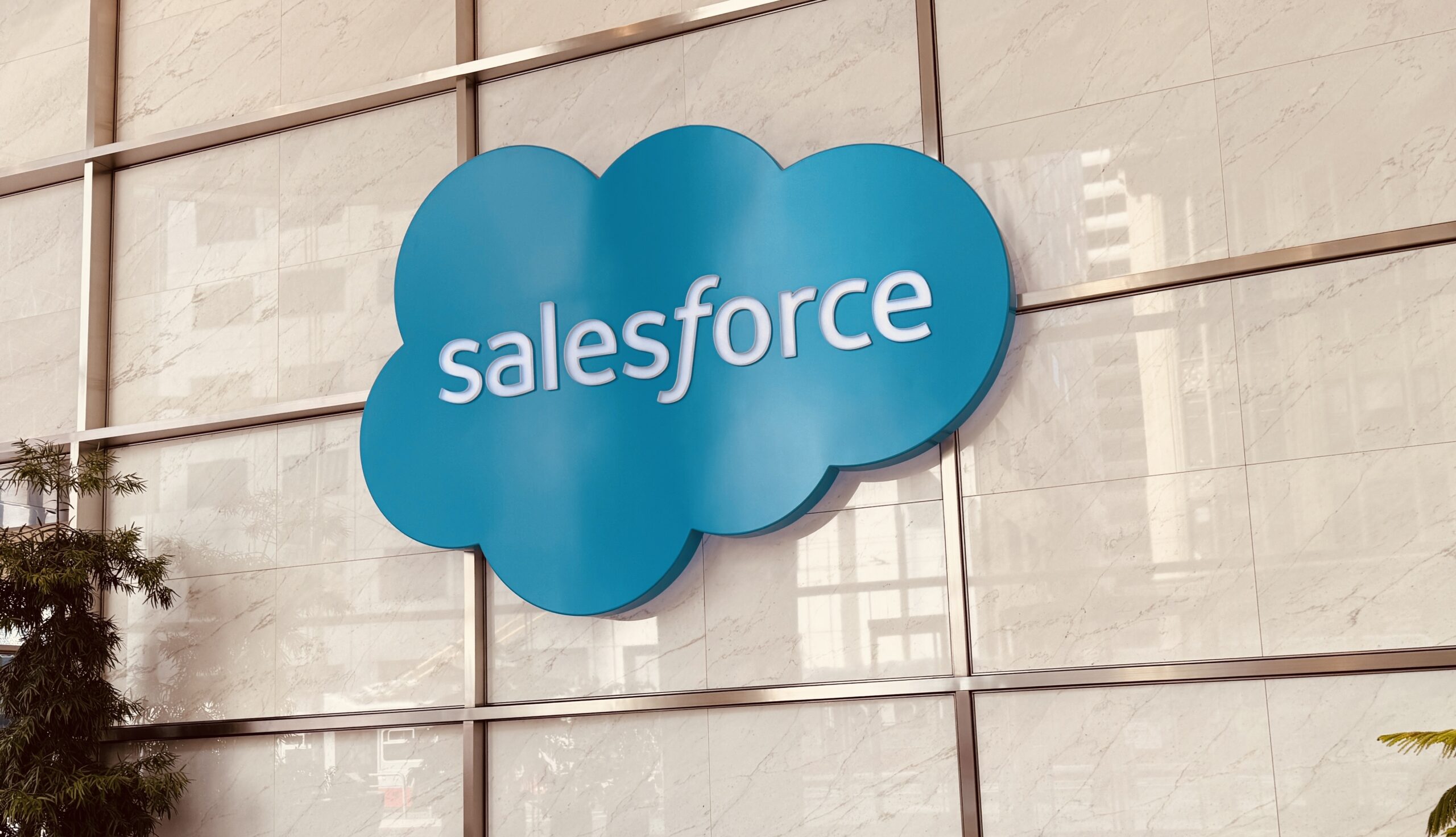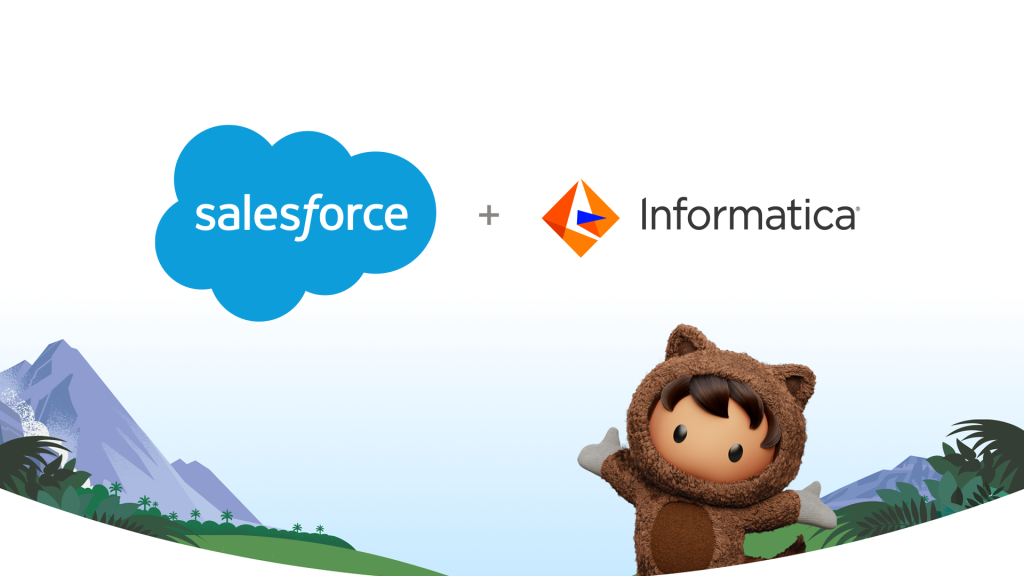Salesforce’s Slack data ownership grab

I write so much about the importance of data in this publication, but that’s because data is the lifeblood of large language models. If data quality is critical to model performance, then the data within your enterprise applications is even more so. It enables companies to build more relevant applications that take into account your particular business information needs.
That’s why OpenAI’s announcement last week about Connectors was so significant. It allows you to confine your query responses to a particular data repository, like all your data stored in Box. But what if SaaS vendors started limiting access to that application to vendors that customers rely on, effectively putting a gate up in front of that valuable data?
That’s essentially what happened this week when The Information reported that Salesforce was cutting off long-term access to the Slack API, a blow to third-party vendors who rely on that data. The beauty of Slack has always been that it is a central place where work happens and lots of companies have been able to piggyback on the data, creating even more value.
Putting up gates
The move raises serious questions about data ownership and what companies can do with the data they create in SaaS applications. To borrow an example from The Information article: If a company wants to let an AI assistant like Glean access its Slack data, shouldn't it be allowed to? That is an essential question being asked this week in light of this report.

When asked about the accuracy of the report, Salesforce gave kind of a nuanced response. “At Salesforce, trust is our number one value — and that starts with protecting customer data. The new innovations we’ve announced, along with updates to Slack’s API Terms of Service, open the door for more intelligent, context-aware AI experiences and ensure that developers, customers and partners can securely and responsibly interact with Slack data.”
Notice what Salesforce did not say. They did not deny that there was a change in the terms of service, or that it could be having a negative impact on companies like Glean who rely on Slack data. They instead tried to position it as a positive change designed for the AI era. But is it?
Whose data is it anyway?
In my mind, when you buy a product like Slack, you do so because you want a central place to talk about work. The advantage Slack had over previous generations of enterprise communications tools was that it also served as a way to connect to enterprise software and do work in the same place where you’re having the conversations.
Fast forward to today and that activity stream has more value than ever. If I have a vendor helping me put that data to use in other ways, and I want to give it access to my Slack data, shouldn’t I be allowed to do that? It’s a fundamental question.

Ray Wang, founder and principal analyst at Constellation Research, certainly thinks so. “Customers who want access to their own data from other applications they own should have access. Otherwise why buy packaged software today at huge premiums,” Wang asked. “We are at a point where many customers are weighing ‘build versus buy’ and this is just one more reason not to buy.”
Brent Leary, founder and principal analyst at CRM Essentials, offers a more pragmatic assessment, saying that it appears that Salesforce is looking at Slack data as a valuable asset for enterprise AI, one that it could monetize down the road. Perhaps the change in terms of service is the first step.
“All the data created by those Slack interactions and collaborations typically lead to important workflows, process automation and business model transformations. And the worth of those interactions makes Slack data incredibly valuable, and provides Salesforce with a great opportunity to monetize it if they decide to do so at some point,” Leary said.
“Customers who want access to their own data from other applications they own should have access. Otherwise why buy packaged software today at huge premiums?"
~Ray Wang, Constellation Research
That workflow notion is particularly poignant. If agentic AI is about automating complex workflows, this type of data will become more valuable than ever. Yet paradoxically, by cutting off access, Salesforce could be diminishing the value customers see in using an application like Slack in the first place by making it harder for their partners to put it to use.
Sure, Salesforce can make any rules it wants around data usage, but the company could be treading into dangerous territory with this decision, and calling the Slack value proposition into question. And when you paid $28 billion for a property, you may want to move carefully before making such a move.
~Ron
Featured photo by Ron Miller
Note that I’ll be on vacation for the next two weeks. FastForward will return the week of July 4th. Thanks dear readers for your support.





